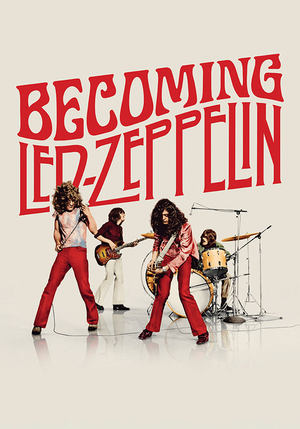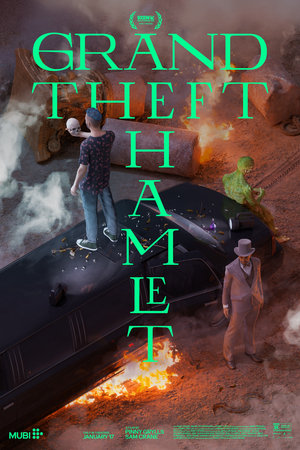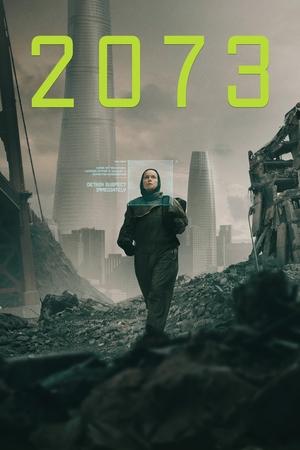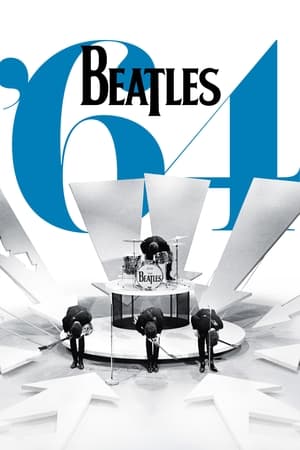The Act of Killing (2012) Movie Review: A Chilling Examination of Crime and Memory
The Act of Killing (2012), directed by Joshua Oppenheimer, is a powerful and unsettling documentary that offers a unique and haunting perspective on the Indonesian mass killings of 1965-66. The film stands out for its innovative approach and its disturbing portrayal of the perpetrators of these atrocities.
Plot Overview
The Act of Killing centers on the Indonesian mass killings of communists and alleged communists during the anti-communist purge of 1965-66. The documentary focuses on Anwar Congo, a former death squad leader who is responsible for thousands of deaths. Congo and his associates, who still hold considerable power and influence in Indonesia, are given a platform to reenact their crimes as part of a film project.
The film blurs the line between reality and fiction as Congo and his friends dramatize their past actions in various cinematic styles, including gangster films, musicals, and horror. Through these reenactments, the film explores the psychological impact of the killings on the perpetrators and reveals the extent of their denial and detachment from their actions.
Joshua Oppenheimer’s Direction
Joshua Oppenheimer’s direction in The Act of Killing is both innovative and provocative. Oppenheimer’s approach to the documentary genre involves placing the perpetrators in the role of filmmakers, allowing them to recreate their crimes in various cinematic genres. This technique not only provides a unique perspective on the events but also serves as a means of exploring the perpetrators’ psychological state.
Oppenheimer’s direction is marked by its unflinching portrayal of the perpetrators’ attitudes and the consequences of their actions. The film’s surreal and often disturbing reenactments contribute to its overall impact, creating a powerful and unsettling experience for the viewer.
Themes and Social Commentary
The Act of Killing explores several profound themes:
- Guilt and Denial: The film delves into the psychology of the perpetrators, highlighting their denial, pride, and detachment from the reality of their actions. The reenactments serve as a means for them to confront or avoid confronting their guilt.
- The Power of Narrative: By allowing the perpetrators to script and perform their own versions of events, the film examines the role of narrative in shaping historical memory and the consequences of self-justification.
- Historical Amnesia: The film addresses the broader issue of historical amnesia and the lack of accountability for the atrocities committed. It sheds light on the impunity enjoyed by the perpetrators and the failure to address the past.
Visuals and Cinematography
The visuals and cinematography in The Act of Killing play a crucial role in its impact:
- Surreal Reenactments: The film’s use of surreal and genre-specific reenactments adds a layer of artistic and emotional complexity to the portrayal of the killings. These sequences are both visually striking and disturbing, emphasizing the disconnect between the perpetrators’ actions and the reality of their crimes.
- Raw Footage: The documentary also includes raw and unfiltered footage of interviews with the perpetrators, which further contributes to the film’s intensity and authenticity.
The combination of these visual elements enhances the film’s exploration of its themes and provides a powerful commentary on the nature of violence and memory.
Reception and Impact
The Act of Killing has been widely acclaimed for its bold and innovative approach to documentary filmmaking. The film has received numerous awards and nominations, including an Academy Award nomination for Best Documentary Feature. Its impact is seen in its ability to provoke thought and discussion about the nature of historical memory, guilt, and the consequences of unchecked power.
The film has been praised for its courage in confronting uncomfortable truths and its ability to provide insight into the psychology of those responsible for mass atrocities. It has been recognized for its contribution to the discourse on human rights and historical justice.
Streaming and Rental/Purchase Options
For those interested in watching The Act of Killing, here are some options:
- Streaming Services: The film may be available on platforms such as Amazon Prime Video, Hulu, or other services that feature documentary films. Availability may vary based on regional licensing agreements.
- Rental/Purchase: The Act of Killing can be rented or purchased on popular platforms like Amazon Video, iTunes, Google Play, and Vudu. Rental prices typically range from $2.99 to $4.99, while purchase prices range from $9.99 to $14.99, depending on the platform and video quality.
Conclusion
The Act of Killing is a groundbreaking and unsettling documentary that offers a profound examination of the Indonesian mass killings of 1965-66. Directed by Joshua Oppenheimer, the film’s innovative approach and unflinching portrayal of the perpetrators provide a powerful and thought-provoking experience. Through its exploration of guilt, denial, and historical memory, The Act of Killing stands as a significant contribution to the genre of documentary filmmaking and the broader discourse on human rights and historical justice.
















